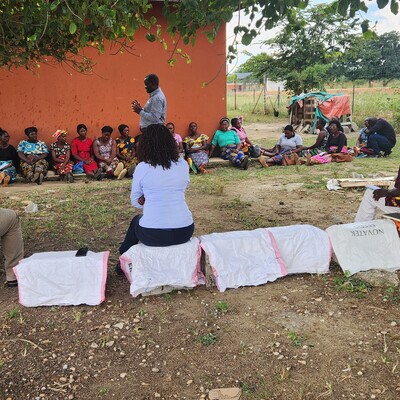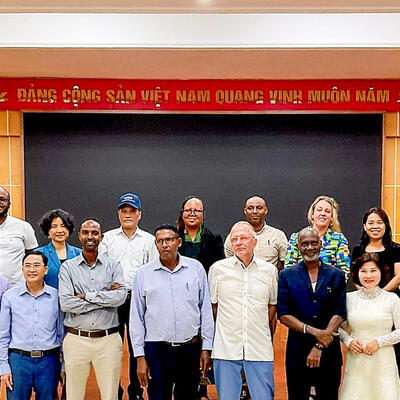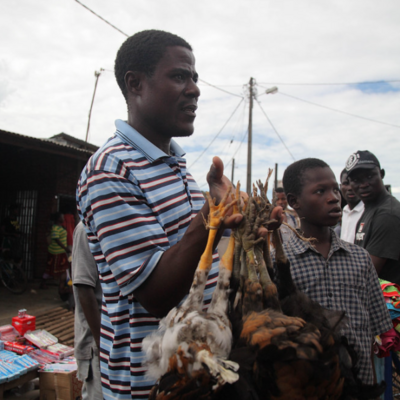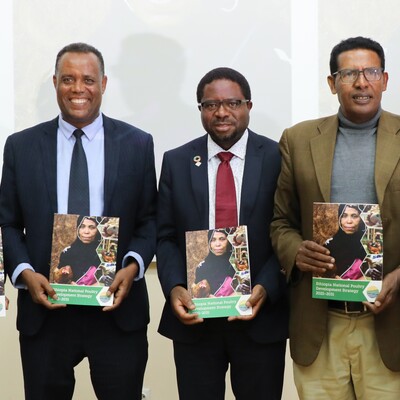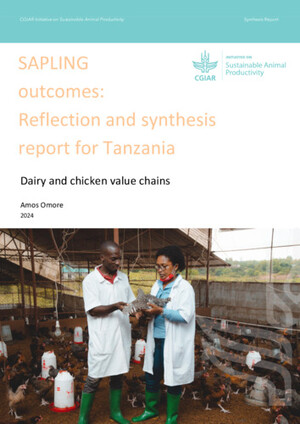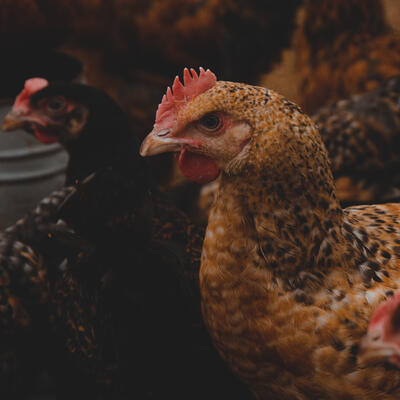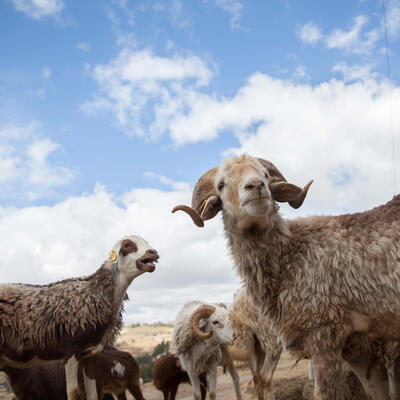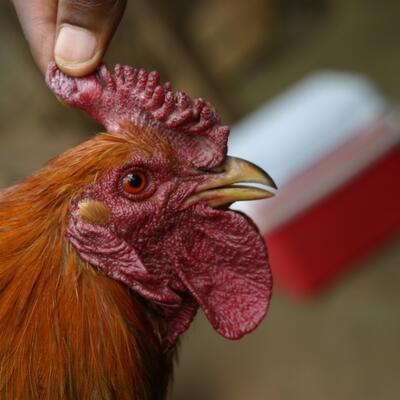
New chicken genetic gains project to transform smallholder chicken farming in Southeast Asia
A new International Livestock Research Institute (ILRI)-led initiative to improve smallholder chicken production in Southeast Asia has been launched.
The Asian Chicken Genetic Gains, or AsCGG, project will increase access to locally acceptable, adapted and highly productive chickens and avail new and proven technologies to increase chicken production in Cambodia, Myanmar and Vietnam.
Funded by the Australian Centre for International Agricultural Research (ACIAR), the AsCGG project was introduced to livestock sector stakeholders in the three countries in a virtual two-day workshop on 24–25 May 2021. The event also sought stakeholder feedback on the project’s roll-out and implementation.
Representatives from ACIAR, research institutes and universities in Cambodia, Myanmar and Vietnam and researchers from ILRI were among those who attended the workshop.
In Southeast Asia, low-producing chicken genotypes typically dominate smallholder production systems (photo credit: ILRI/Chi Nguyen).
In Southeast Asia, smallholder chicken production is part of the sociocultural makeup and represents a ‘balanced’ farming system. Tadelle Dessie, ILRI principal scientist and the principal investigator of the project, stated that low-producing chicken genotypes typically dominate smallholder production systems and are an essential component of the livelihoods of poor rural households. ‘As such,’ he said, ‘it is important to strengthen smallholder chicken production to generate income and improve nutrition for the poor who depend on them and especially to empower women, who are often the primary chicken farmers in these systems.’
This four-year partnership is between ILRI and national agricultural research institutes in the three countries, including Cambodia’s National Animal Health and Production Research Institute (NAHPRI), Myanmar’s Livestock Veterinary and Breeding Department (LVBD) and Vietnam’s National Institute of Animal Sciences (NIAS). It will contribute to many of the agricultural development priorities of these countries, which target, among other goals, boosting the productivity of smallholder chicken farming.
Ngo Thi Kim Cuc, deputy director general of NIAS, shared that Vietnam’s native chicken breeds are of high quality but low productivity. She said that new technologies and international research experience from the project will help to optimize the genetic gains of indigenous chickens in the country.
Sothyra Tum, director of NAHPRI, noted that the AsCGG project is aligned with the Cambodian Livestock Development Strategy 2016–2025, which seeks to improve local genetics to meet the local demand for animal-source foods.
Anna Okello, livestock systems program manager at ACIAR, said the new initiative offers a platform for South–South learning through the African Chicken Genetic Gains (ACGG) program, which has been implemented since 2014 in Ethiopia, Nigeria and Tanzania. ‘It creates opportunities for cross-learning among regional partners in Southeast Asia. This is not a cutting and pasting process, but of learning from others’ experiences,’ she noted.
In addition to government research departments, the project envisages working with non-governmental organizations and private chicken input suppliers (in genetics, feed and health) and service providers to develop a roadmap for a longer-term chicken genetic gains programs in each of the three countries.
For more information, please visit the AsCGG website at http://africacgg.net/ or contact Tadelle Dessie at t.dessie[at]cgiar.org
See the presentation on project overview on SlideShare:





